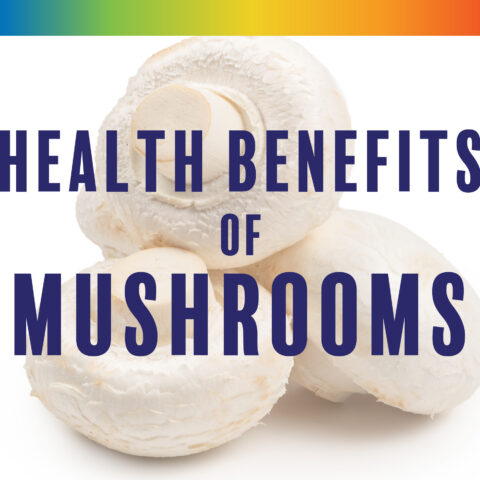Salt is a Killer Without Huge Intakes of Fruits and Veggies

Dear Paleo Diet Faithful,
Below is the citation, abstract and link to a scientific paper my colleagues and I just published regarding the dietary sodium/potassium ratio and how these essential minerals influence blood pressure and cardiovascular disease. This paper represents the most comprehensive scientific international review of the topic to date. Do yourself or your loved ones a favor by reading it.
To Your Health,
Loren Cordain, Ph.D.”
Sebastian A, Cordain L, Frassetto L, Banerjeed T, Morris RC. Postulating the major environmental condition resulting in the expression of essential hypertension and its associated cardiovascular diseases: Dietary imprudence in daily selection of foods in respect of their potassium and sodium content resulting in oxidative stress-induced dysfunction of the vascular endothelium, vascular smooth muscle, and perivascular tissues. Med Hypotheses 2018;119:110-119.
ABSTRACT:
We hypothesize that the major environmental determinant of the expression of essential hypertension in America and other Westernized countries is dietary imprudence in respect of the consumption of daily combinations of foods containing suboptimal amounts of potassium and blood pressure-lowering phytochemicals, and supraphysiological amounts of sodium. We offer as premise that Americans on average consume suboptimal amounts of potassium and blood pressure-lowering phytochemicals, and physiologically excessive amounts of sodium, and that such dietary imprudence leads to essential hypertension through oxidative stress-induced vascular endothelial and smooth muscle dysfunction. Such dysfunctions restrict nitric oxide bioavailability, impairing endothelial cell-mediated relaxation of the underlying vascular smooth muscle, initiating and maintaining inappropriately increased peripheral and renal vascular resistance. The biochemical steps from oxidative stress to vascular endothelial dysfunction and its pernicious cardiovascular consequences are well established and generally accepted. The unique aspect of our hypothesis resides in the contention that Americans’ habitual consumption of foods resulting in suboptimal dietary intake of potassium and supraphysiological intake of sodium result in oxidative stress, the degree of which, we suggest, will correlate with the degree of deviation of potassium and sodium intake from optimal. Because suboptimal intakes of potassium reflect suboptimal intakes of fruits and vegetables, associated contributors to oxidative stress include suboptimal intakes of magnesium, nitrate, polyphenols, carotenoids, and other phytochemical antioxidants for which fruits and vegetables contain abundant amounts. Currently Americans consume potassium-to-sodium in molar ratios of less than or close to 1.0 and the Institute of Medicine (IOM) recommends a molar ratio of 1.2. Ancestral diets to which we are physiologically adapted range from molar ratios of 5.0 to 10.0 or higher. Accordingly, we suggest that the average American is usually afflicted with oxidative stress-induced vascular endothelial dysfunction, and therefore the standards for normal blood pressure and pre-hypertension often reflect a degree of clinically significant hypertension. In this article, we provide support for those contentions, and indicate the findings that the hypothesis predicts.
Loren Cordain, Ph.D.
As a professor at Colorado State University, Dr. Loren Cordain developed The Paleo Diet® through decades of research and collaboration with fellow scientists around the world.
More About The Author




